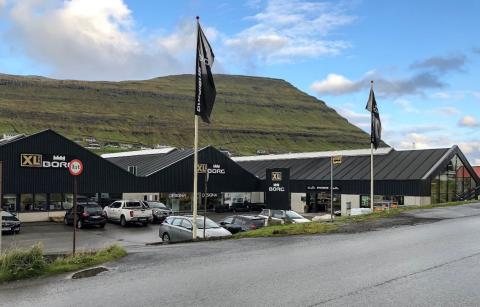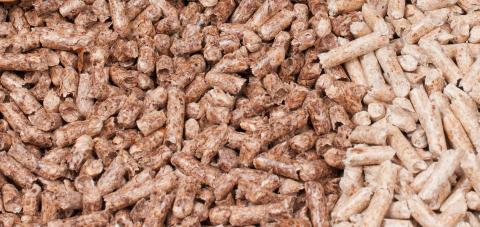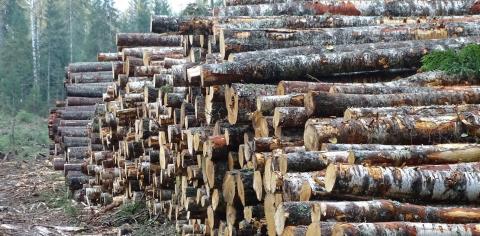First energy company in Denmark receives FSC certification
NEPCon has issued an FSC chain of custody certificate to the trade arm of the Danish energy company Verdo A/S. The company is now able to deliver wood chips, pellets and briquettes from responsible sources. The move helps Verdo to fulfil new obligations applying to Danish energy companies.
As an EU country, Denmark is obliged under the EU climate policy 2020 requiring the member states to transition from fossil fuels to green energy. Biofuels are likely to play a key role in this transition.
The Danish energy sector is now rising to the challenge. Two key organisations - Danish Energy and Danish District Heating Association – thus recently entered an agreement on green biomass. The deal obliges Danish energy companies from 2016. One of its key requirements is to ensure responsible origin of wood used as fuel in Danish combined heat and power plants (CHPs).
"FSC is a good option for CHPS to document the responsible origin of woody biofuel. Verdo is the first energy company in Denmark to choose FSC certification. But it is hardly the last," predicts Michael Jakobsen, Customer Relations Manager at NEPCon.
With the certificate in place, Verdo can buy and sell FSC certified biomass as the first energy company in Denmark.
”With our FSC certificate, we have received a global stamp as a supplier of green biomass for sustainable energy production. We already experience demands for FSC certified biomass and we believe this is a growing trend. We are happy with the certificate, and that we are now ready to meet a key part of our new obligations," says director of Verdo Energy Thomas Bornerup.
The energy sector - a new driver for sustainable forestry
FSC Denmark advised Verdo on the FSC chain of custody requirements. They are pleased that Danish energy companies are taking responsibility for the wood they buy.
"Large-scale consumption of wood by the energy sector is a new development. Timber is a limited resource under human pressure. It is vital that the energy companies ensure that the wood comes from responsible sources. I commend Verdo for taking a clearly responsible approach," says Morten Brodde, senior advisor at FSC Denmark.
Michael Jakobsen points out that the use of biomass in Europe is growing fast due to the EU's climate policy. ”The energy sector could become a new driver of sustainable forestry. It makes a major difference when the European energy sector starts to demand certified woody biomass. This creates a new market for responsible products that have traditionally been hard to sell," he says.

Verdo Energy is a trading division in Verdo, a Danish energy company. Amongst other products, the company trades in woodchips, wood pellets and other fuels. Verdo Energy is among the largest in Europe for trade in various types of biomass such as wood, cocoa pellets and olive kernels.
Verdo Energy's FSC registration codes are NC-COC-021375 (for FSC certified products) and NC-CW-021375 (for Controlled products).
The Danish energy sector and the voluntary deal
Combined heating and electricity plants provide the major part of the energy consumed in Denmark.Around 63% of Danish households use district heating to warm up their houses.
In the voluntary deal, the Danish energy sector commits to fulfilling the following key requirements:
- The biomass must come from legal and responsible forestry. The agreement acknowledges SBP, FSC and PEFC certification as documentation, however the energy companies may choose to document their compliance in other ways.
- The material must meet limit values for greenhouse gas emissions.
- The biomass may not directly or indirectly contribute to negative carbon cycles, inappropriate land use or deforestation and forest degradation.
The deal is phased in beginning from the heating season of 2016 and will be fully implemented by 2019. From 1 August 2016, the energy companies are obliged to publish reports on their compliance. The report must be developed or verified by a third party that holds FSC, PEFC or SBP accreditation or is recognised as a Monitoring Organisatoin under the EU Timber Regulation.



